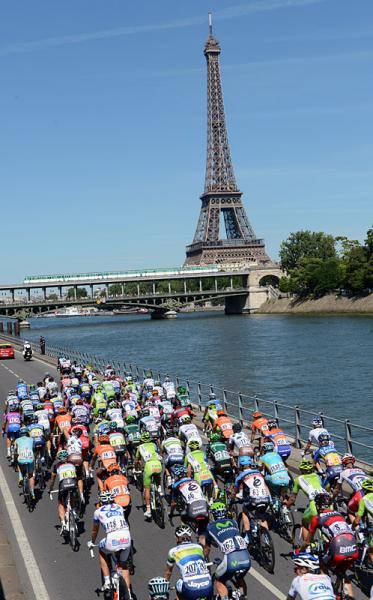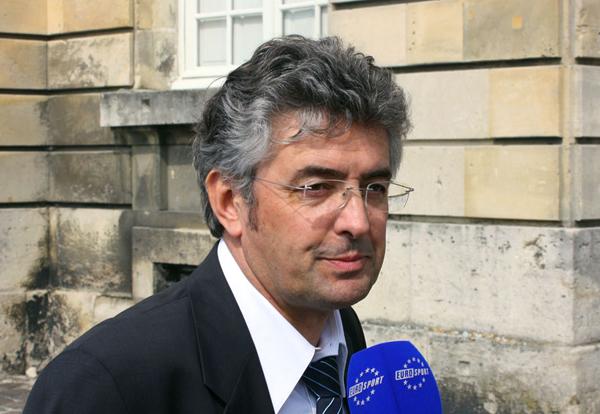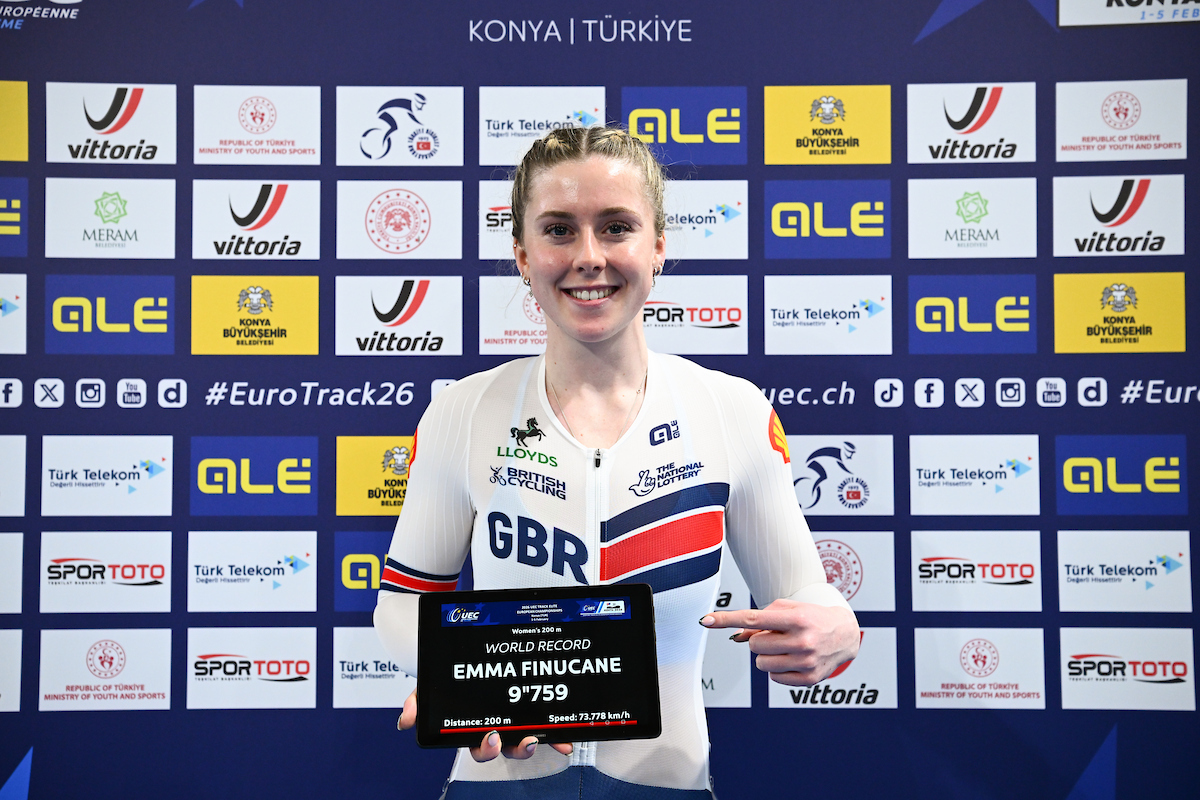French federation doctor wants tighter corticoid checks
Riders should not race with TUE, says Madiot


French Cycling Federation doctor Armand Mégret has expressed his concern at the use of corticoids under therapeutic use exemption in the peloton, while FDJ-BigMat manager Marc Madiot has called on teams to rest any riders who require corticoid treatment rather than allowing them to race with a TUE.
The World Anti-Doping Agency’s international standards for therapeutic use exemptions were implemented in 2005, a move which extended the previously permissible level of corticoids provided that an athlete had a prescription to show that they were being used therapeutically.
In recent years, the French federation has organised additional blood tests in conjunction with the MPCC (Movement for Credible Cycling) in a bid to detect corticoid use. Under MPCC rules, any rider from a member team using corticoids for medial reasons is expected to stay out of competition for two weeks.
Mégret said that, at all levels in 2012, the French federation has handed out forty counter-indications to athletes, temporarily preventing them from riding until their corticoid treatment had been completed.
“This season, we have made more than forty counter-indication certificates as opposed to around ten in 2011, and this is before the 2012 campaign has even finished,” FFC doctor Armand Mégret told Ouest France on Friday. “And what’s more, this number is under-estimated.”
Following a round of such testing at the Four Days of Dunkirk this year, MPCC member Europcar removed Anthony Charteau from the race after his sample showed an elevated level of cortisol. The Frenchman had a TUE to use corticoids to treat a knee injury. Prior to the Tour de France, it emerged that France’s OCLAESP (Central Office against Environmental Damage and Public Health) had opened an inquiry into allegations of use of corticoids and intravenous vitamin solutions at Europcar.
Mégret explained that the French federation’s medical committee has recently passed a new regulation in which riders with elevated cortisol levels must undergo another blood test before being able to return to competition.
The latest race content, interviews, features, reviews and expert buying guides, direct to your inbox!
Currently, however, such checks are limited to the French peloton and to the constituent members of the MPCC – Ag2r-La Mondiale, Argos-Shimano, Bretagne-Schuller, Cofidis, Team Europcar, FDJ-BigMat, Garmin-Sharp, Lotto-Belisol, Netapp and Saur Sojasun.
It’s Mégret’s hope that such regulations will eventually also be applied to all foreign teams riding in French races. “During the Tour, you have foreign enterprises on French soil, so they adhere to our labour code,” he said. “Therefore, we should also impose the obligations of medical surveillance upon them. That’s my battle. It would be very dissuasive."
Meanwhile, FDJ-BigMat Marc Madiot’s own solution to the corticoid problem is simply that all teams agree to rest riders rather than have them race with therapeutic use exemptions. “If a rider needs to take corticoids to treat himself, you tell him to stay at home,” he said. “You don’t need to give him a TUE. It’s a question of desire and it’s progressing among the teams.”

